On March 24, former member of parliament and congress stalwart Rahul Gandhi was disqualified as a Member of Parliament (MP). The decision came after Rahul was convicted in the ‘Modi surname case’ by a Surat court on March 23. The bench of Chief Judicial Magistrate, H H Varma, observed that Rahul being an MP should have thought before making such remarks on a particular community.
It is noteworthy that after his conviction the national and international media networks such as New York Times and the Guardian have reported this incident as ‘Rahul Gandhi expelled from the parliament’. As if his disqualification is a planted agenda by the ruling Bhartiya Janta Party (BJP) and the Narendra Modi government.
Before Rahul Gandhi, there have been numerous disqualifications of MPs and MLAs post-conviction. This list includes big names such as Lalu Prasad Yadav after the fodder scam, J Jayalalithaa after the disappropriate asset case, Samajwadi Party MLA Azam Khan after the hate speech case and many others. But before these leaders Rahul’s grandmother Indira Gandhi was also disqualified as a Member of Parliament, as a Supreme Court judge barred her from entering the parliament for six years.
Here is a list of leaders who have been disqualified from the parliament of state legislature post-conviction.
Disqualification of Indira Gandhi
In June 12, 1975 the Allahabad High Court convicted the then Prime Minister Indira Gandhi of electoral malpractices and debarred her from holding any elected post that falls in this category. While convicting Indira Gandhi of electoral malpractices, Justice Sinha disqualified her from Parliament and imposed a six-year ban on her holding any elected post.
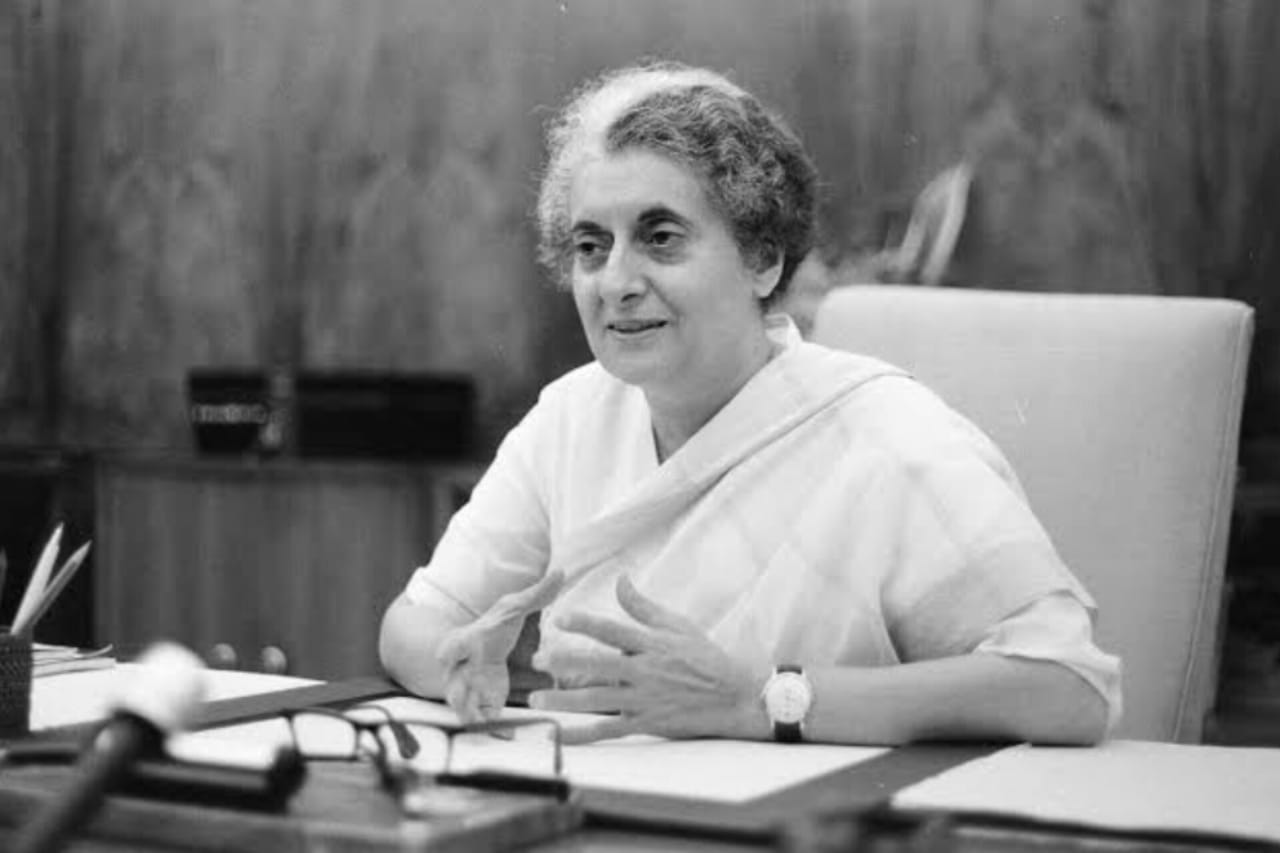
“The respondent no. I (Indira Gandhi) was thus guilty of a corrupt practice under section 123(7) of the Act. accordingly stands disqualified for a period of six years from the date of this order…,” Justice Sinha pronounced to Indira Gandhi who was present in person in the court. But on an appeal filed by Indira Gandhi, Justice VR Krishna Iyer – a vacation judge of the Supreme Court – on June 24, 1975 granted a conditional stay on Justice Sinha’s verdict allowing her to continue as Prime Minister. However, she was debarred from taking part in parliamentary proceedings and draw salary as an MP. The very next day she imposed emergency suspending all fundamental rights.
While the Emergency was in force, the Supreme Court later overturned her conviction on November 7, 1975.
Disqualification of Lalu Prasad Yadav and Jagdish Sharma
65-year-old Lalu Prasad was convicted in the fodder scam, was sentenced to five years in prison and imposed with a fine of Rs 25 lakh. He was an MP from Saran in Bihar. Sharma (63) too was sentenced to four years imprisonment in the case. He represented Jahanabad in Bihar.
They both were disqualified as per the provisions of the Representation of the People Act. While Prasad stands disqualified for a total of 11 years – five years of jail term and six years subsequent to his release – Sharma stands disqualified for ten years – four years in jail and six more years after that as per electoral laws.
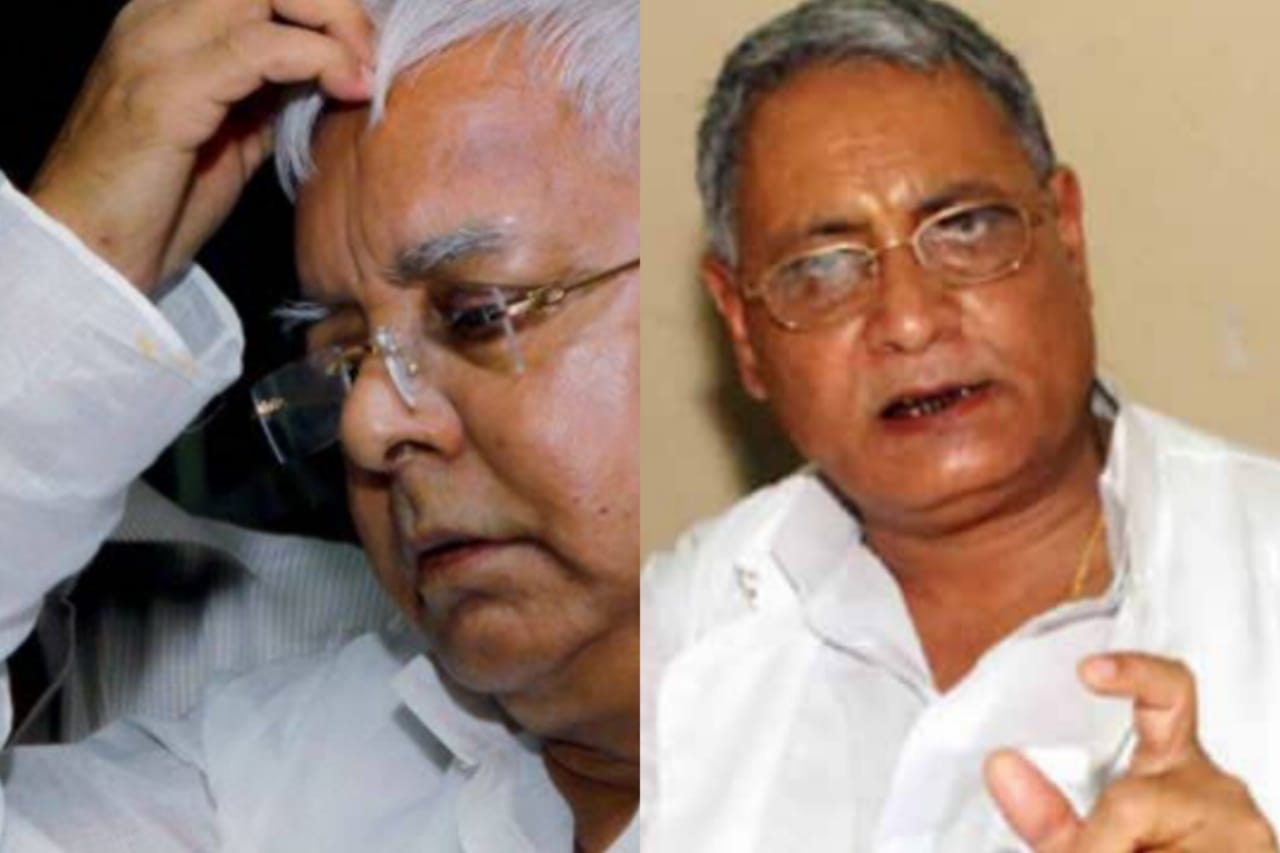
In July 10, 2013 the Supreme Court had struck down sub-section 4 of Section 8 of the Representation of the People Act, under which incumbent MPs, MLAs and MLCs can avoid disqualification till the pendency of the appeal against conviction in a higher court. As per the SC order, the government introduced a Bill in Parliament in the Monsoon session. But following differences with the opposition, the bill could not be passed. An ordinance on the lines of the bill was later cleared by the Union Cabinet on September 24 to protect convicted lawmakers.
It was Rahul Gandhi who protested against the ordinance and trashed it saying it was a “Nonsense”. He had said it should be “torn” and “thrown out”. Later the Cabinet on October 2 decided to withdraw the Ordinance as well as Bill.
Disqualification of AIADMK’s J Jayalalithaa
Jayalalithaa served as the Chief Minister of Tamil Nadu for six consecutive terms. She was disqualified as an MLA from the Tamil Nadu Assembly in September 2014 following conviction and imprisonment to four years in jail in a disproportionate assets case. During the time of conviction, she was the Chief Minister of Tamil Nadu,she resigned and was briefly jailed in Bengaluru until bail was granted.
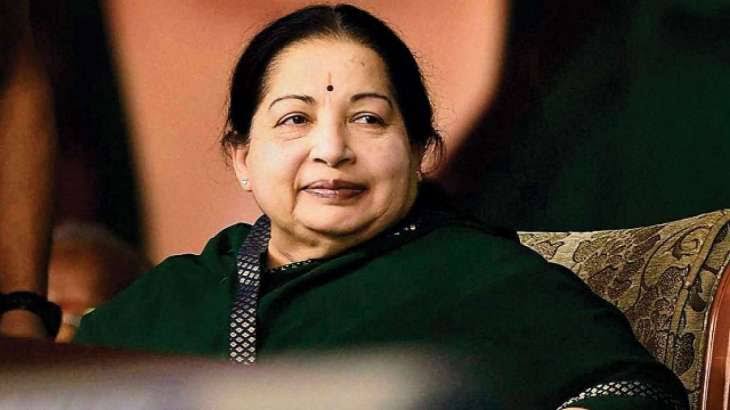
The Supreme Court in 2017 confirmed the special court’s verdict awarding a four-year sentence to Jayalalithaa and her accomplice in the case. However, when this verdict came, Jayalalithaa was no more and three of her co-accused including VK Sasikala and others had served four-year incarceration at Parappana Agrahara central prison in Bengaluru.
Disqualification of MLA Azam Khan and son Abdullah Azam Khan
Khan who was a Samajwadi party leader was disqualified as an MLA from the Uttar Pradesh Assembly in October 2022 after a court sentenced him to three years in jail in a case of hate speech of 2019.
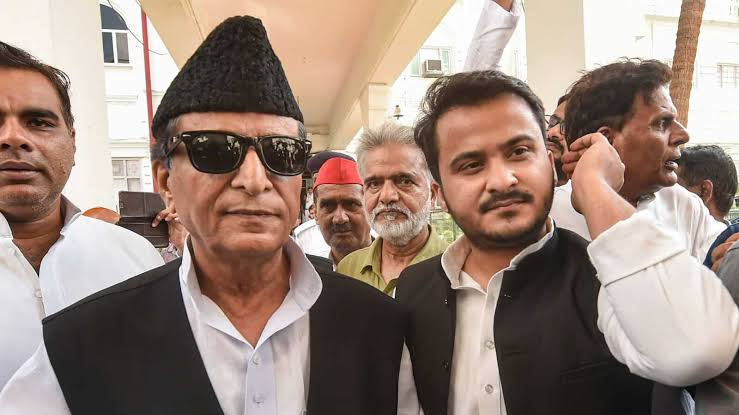
His son Abdullah Azam Khan was also associated with Samajwadi party and he was also disqualified from the Uttar Pradesh Assembly in February 2023, days after a court sentenced him to two-year jail term in a 15-year-old case pertaining to a dharna on a highway in December 2017. During disqualification, he was serving as an MLA from the Suar assembly constituency.
Disqualification of Anant Singh and P P Mohammed Faizal
Anant Singh who was an MLA in Bihar for the Rashtriya Janata Dal party. He was disqualified from the Bihar Assembly in July 2022 after being convicted in a case related to the recovery of arms and ammunition from his residence.
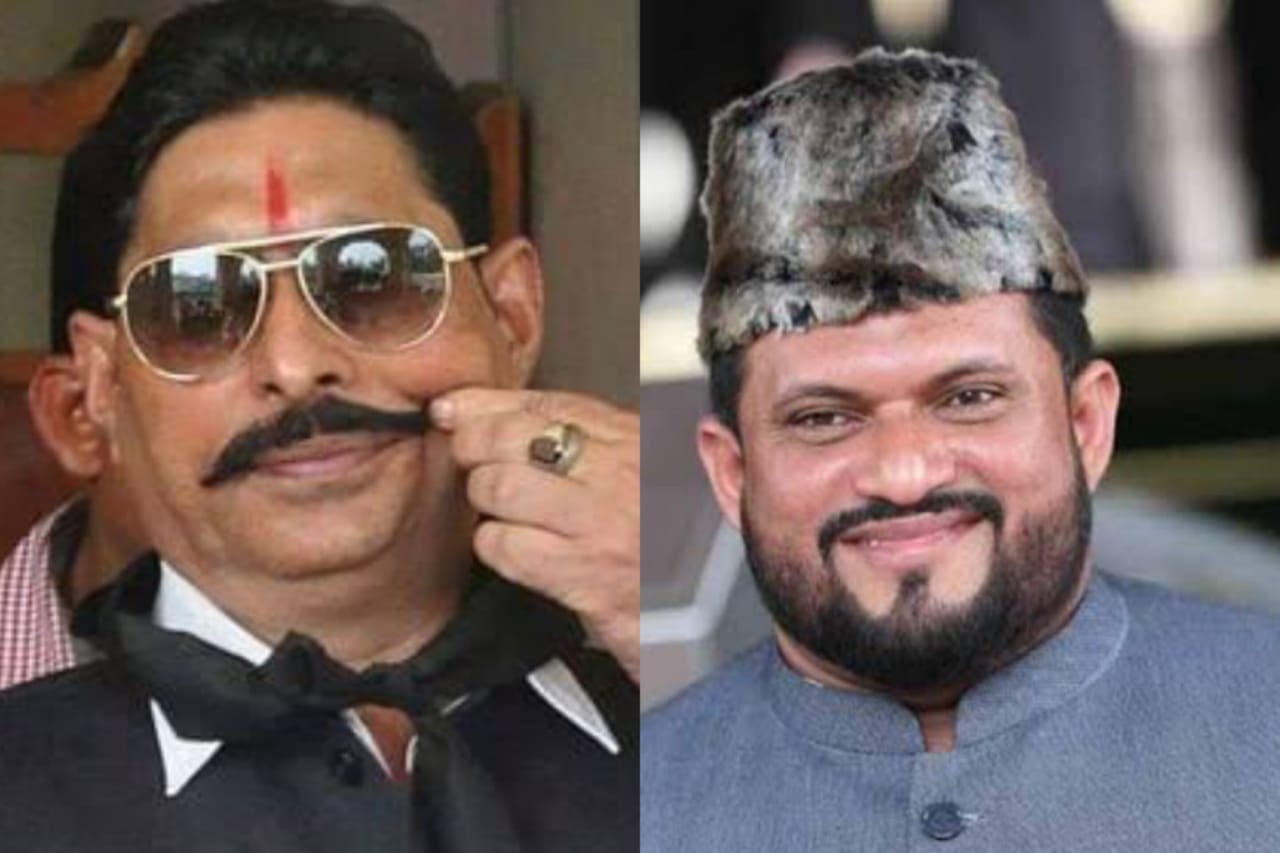
Lakshadweep MP P P Mohammed Faizal was disqualified from the Lok Sabha in January 2023 after he was sentenced to 10-year prison sentence in connection with an attempt to murder case. Faizal was associated with Sharad Pawar’s Nationalist Congress Party.
Disqualification of Pradeep Choudhary and Rasheed Masood
The Congress MLA was disqualified from the Haryana Assembly in January 2021 as he was sentenced to a three-year jail term in an assault case. He represented the Kalka constituency.
In October 2013, Congress leader Rasheed Masood was disqualified as MP. 66-year-old Masood was held guilty in a case of corruption after the Supreme Court struck down a provision in the electoral law that provides immunity to MP and MLAs post-conviction.
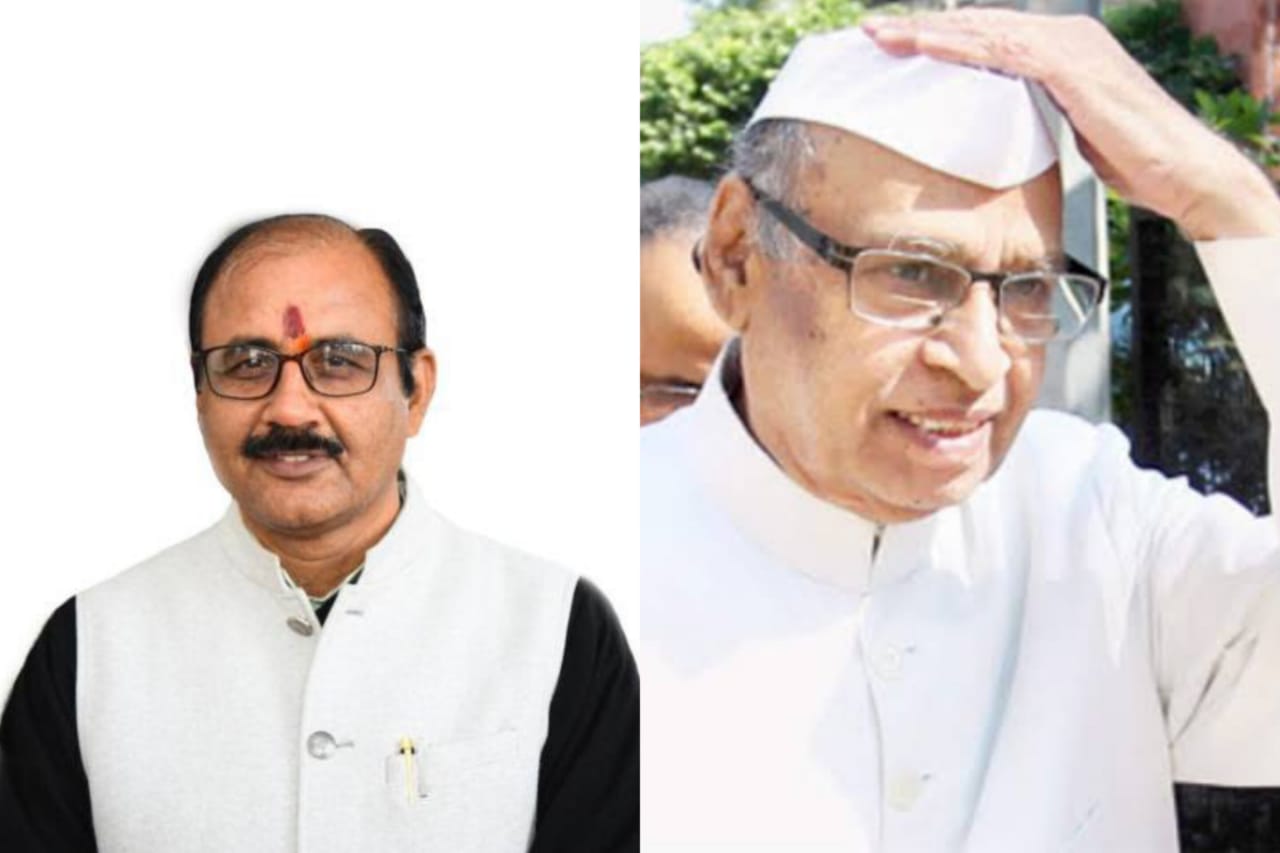
Masood who was minister of health in the VP Singh government between 1990 and 1991 was held guilty of fraudulently nominating undeserving candidates to MBBS seats allotted to Tripura in medical colleges across the country from central pool. He has been booked under IPC sections of 420, 468 and 120-B.
Disqualification of Kuldip Singh Sengar and Vikram Singh Saini
Saini and Sengar were BJP MLAs in Uttar Pradesh. While Saini was disqualified from the state assembly as an MLA from Khatauli in October 2022 after he was sentenced to two-year jail term in 2013 Muzaffarnagar riots case, Sengar was disqualified from the Uttar Pradesh Assembly in February 2020 after he was convicted in a rape case. He was representing Unnao constituency and before the conviction, Sengar was expelled from the party.
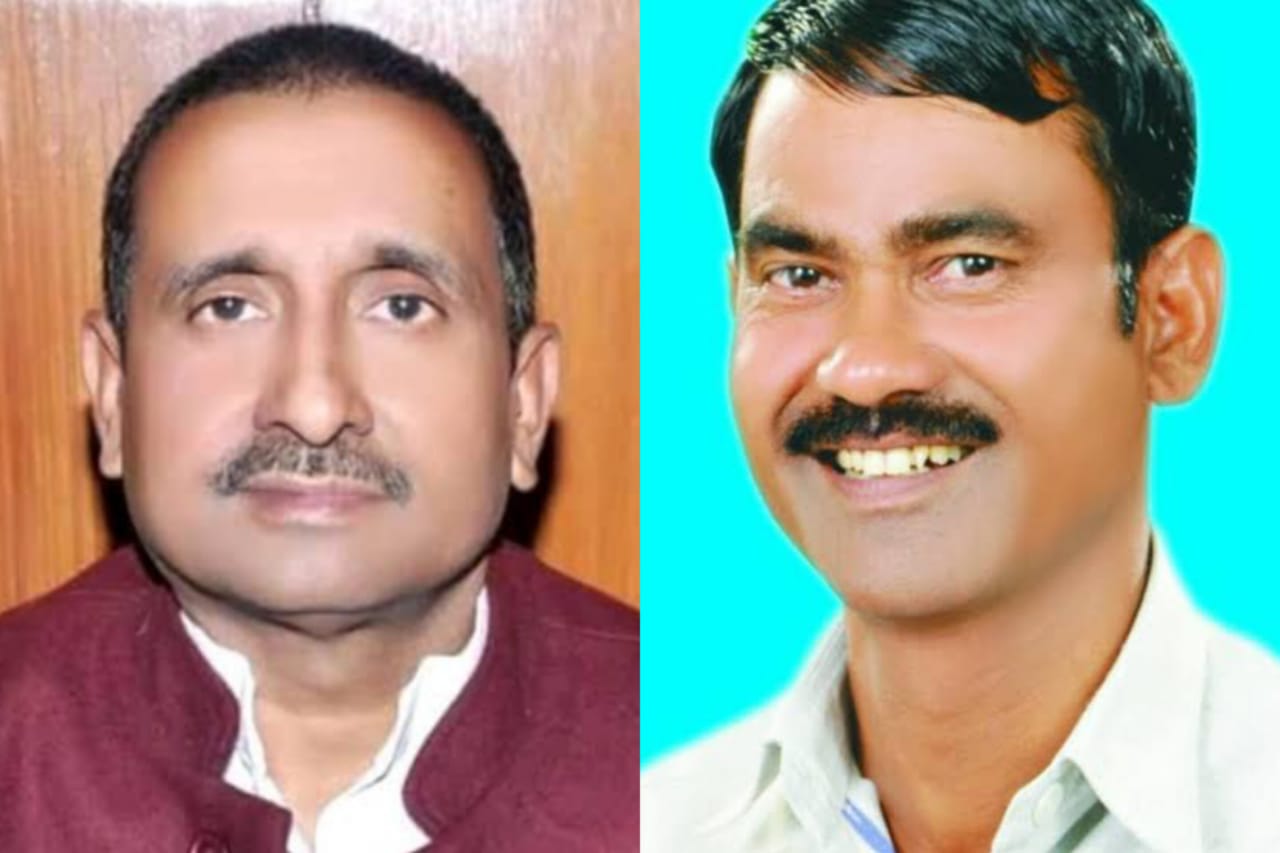
Disqualification of Babanrao Gholap and Enos Ekka
In March 2014, Babanrao Gholap who was a Shivsena MLA from Deolali, Maharashtra and was convicted for 3 years in a disproportionate assets case. Similarly, Ekka who was accused of hatching a conspiracy with members of the banned outfit People’s Liberation Front of India (PLFI) to kill para-teacher Manoj Kumar on November 27, 2014. He was associated with the Jharkhand party.
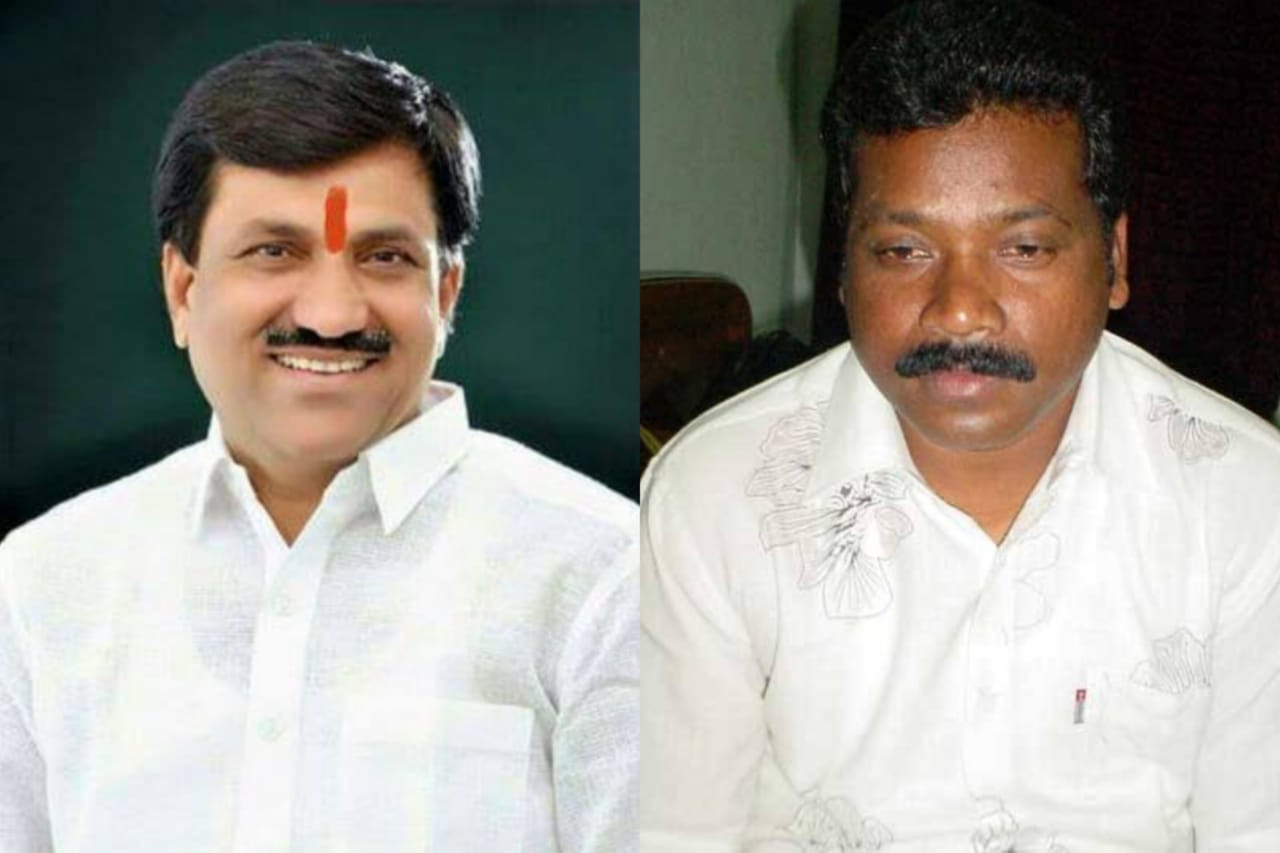
Ekka was the fourth lawmaker of Jharkhand’s assembly (2014-2019) who faced disqualification after getting jail term of two or more than two years from courts. Earlier, All Jharkhand Students Union (AJSU) party Lohardaga legislator Kamal Kishore Bhagat and Jharkhand Mukti Morcha (JMM) Gomia and Silli legislators Yogendra Prasad and Amit Mahto respectively were also convicted by courts that led to their disqualification from the state assembly.
Disqualification of DMK’s T. M. Selvaganapathy and BJP’s Suresh Halvankar
Rajya Sabha MP T M Selvaganapathy was sentenced by a CBI court for two years in cremation shed scam was disqualified as MP in April, 2014. Selvaganapathy and four others were sentenced to two years rigorous imprisonment by Special CBI Judge S Malathi in Chennai in connection with construction of cremation sheds in Nagapattinam District during the 1991-96 AIADMK regime.
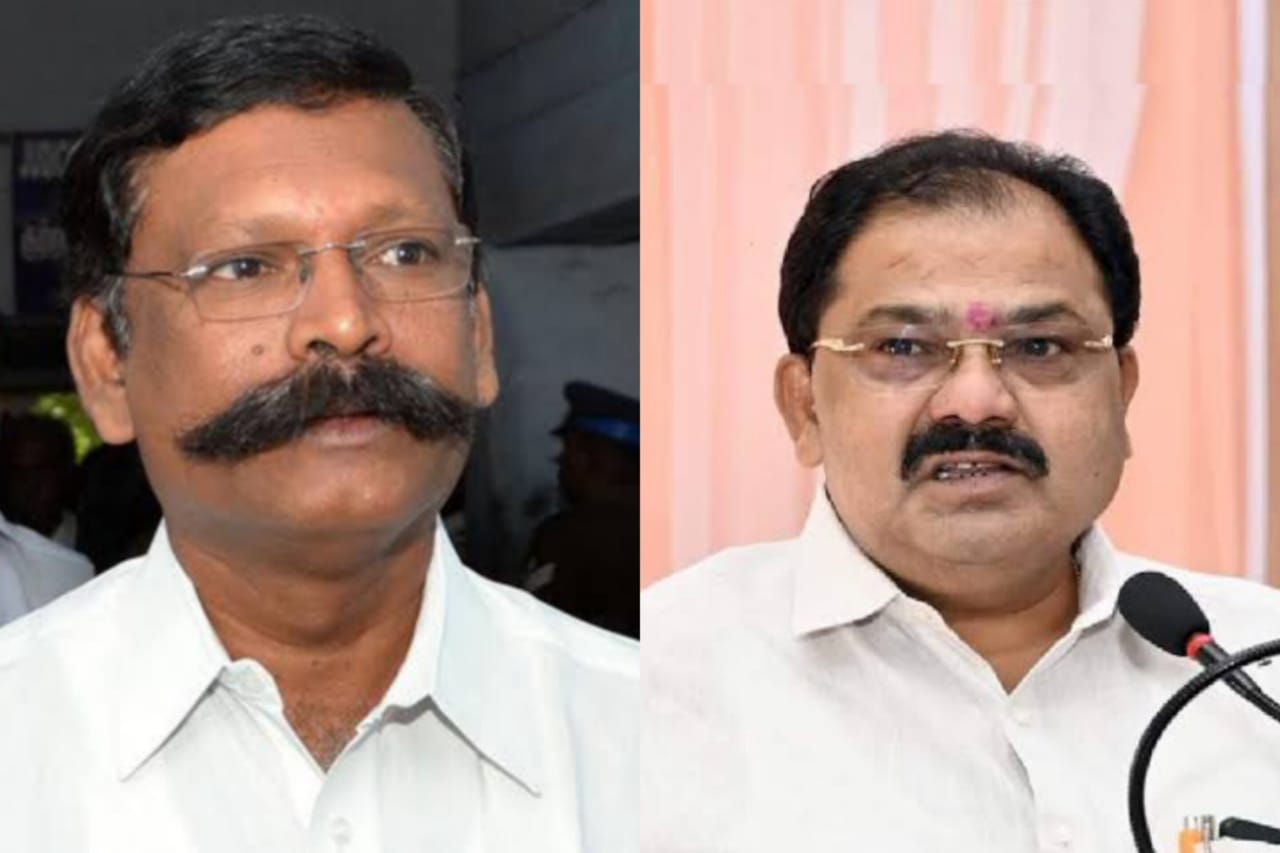
Halvankar, a BJP MLA from Ichalkaranji, Maharashtra was convicted in the electricity theft case. He was accused of stealing electricity and causing loss to state electricity board of Rs 21 Lakh.
Similarly, Asha Rani, a BJP MLA from Bijawar, Madhya Pradesh, was convicted for abetting the suicide of a maid in November 2013 and was disqualified.



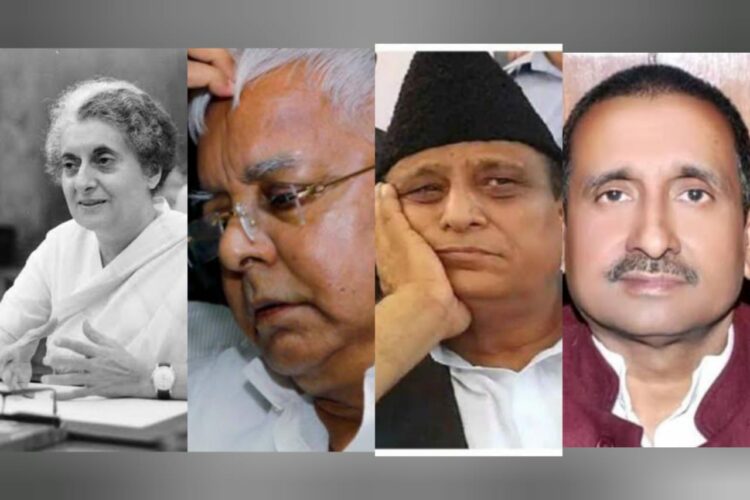
















Comments